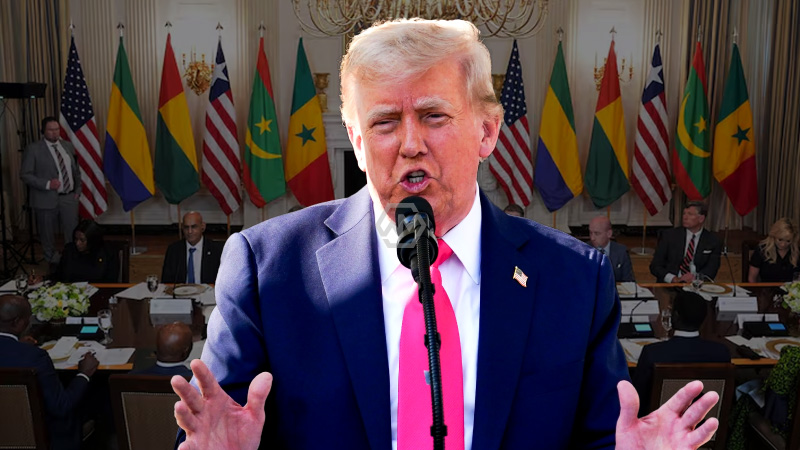- A failed assassination attempt redefined Trump’s public image and political strength.
- Trump’s sweeping budget bill deeply hurt the very base that elected him.
- Fear-driven party loyalty enabled controversial legislation to pass despite mass opposition.
One year after a would-be assassin’s bullet grazed Donald Trump in Butler, Pennsylvania, the image of a bloodied but defiant Trump flashing a fist in the air has become a defining symbol of his political revival.
However, Trump’s return came with heavy consequences. His administration passed a sweeping budget bill that cut deeply into healthcare, food aid, and climate investment—programs many of his working-class supporters rely on.
The Survivor President: How Trump’s Second Term Was Forged in Fire and Betrayal
The budget bill, dubbed by Trump as “big and beautiful,” slashed over a trillion dollars from Medicaid and stripped benefits from millions, including veterans, children, and the elderly. It effectively reversed key campaign promises, yet Trump claimed it was the “most popular bill ever signed.” Polling proved otherwise, with approval for the legislation underwater by 26 points. The disconnect between rhetoric and reality has become a hallmark of this administration.
Republican lawmakers, even those previously critical of entitlement cuts, fell in line under Trump’s pressure. Senators like Josh Hawley and Lisa Murkowski made public objections before ultimately capitulating. Some gained minor concessions for their states, but the broader human cost—lost healthcare, shuttered rural hospitals—was left unaddressed. Party politics has become less about policy and more about survival under Trump’s rule.
The retraction of the plan to dismantle FEMA illustrates the administration’s unpredictable strategy. After catastrophic flooding in Texas, the federal response was swift—contradicting Trump’s earlier stance on decentralizing disaster relief. The White House called it a “quiet structural shift,” but critics see it as an opportunistic pivot aimed at avoiding backlash while still signaling allegiance to “states first” rhetoric.
Beyond policy, Trump’s leadership continues to operate under a personal code defined by betrayal as strategy. From underpaid construction workers to abandoned family members and former allies, Trump’s history is marked by broken promises and discarded relationships. He governs not with trust but with threat. For many, this is no surprise—Trump himself repeatedly invoked the parable of The Snake, warning his followers with chilling transparency: “You knew damn well I was a snake before you took me in.”
A year after the bullet missed, the message remains clear: Trump’s survival emboldened him, but it came at the cost of trust, truth, and the very people who believed in him.
“When someone shows you who they are, believe them the first time.” — Maya Angelou



